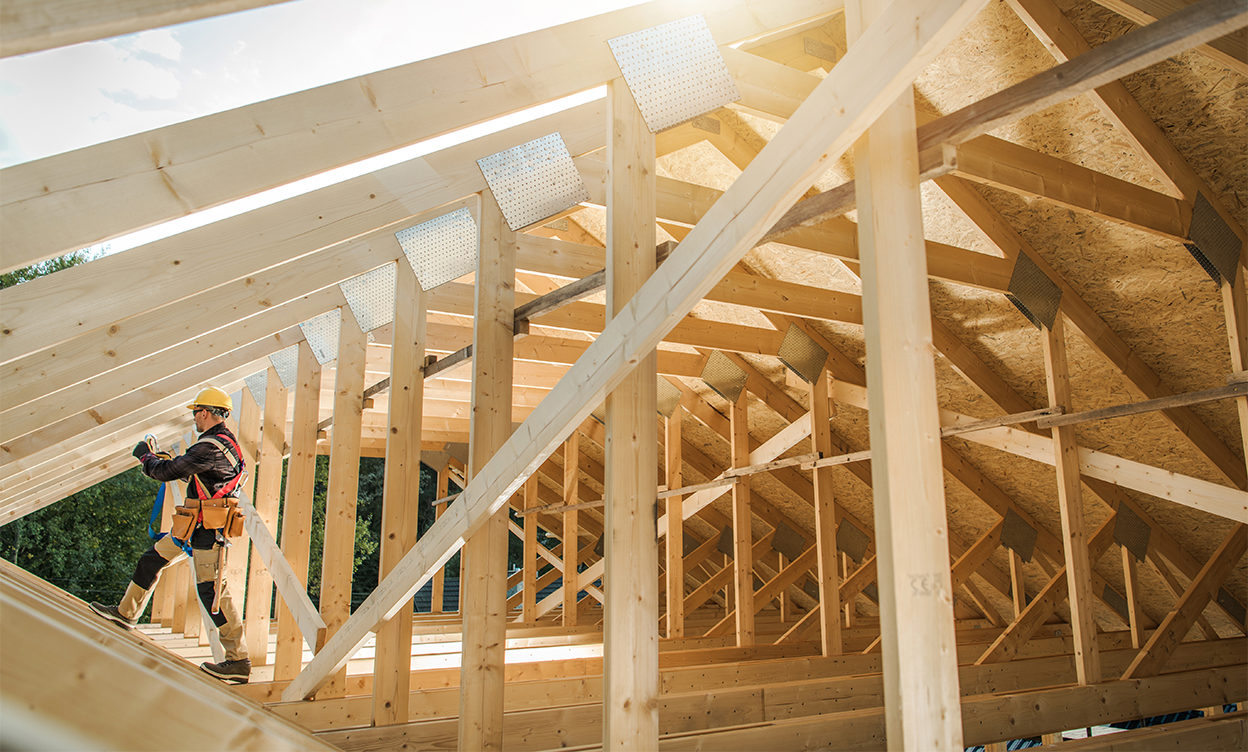
Builders that don’t wish to become an insolvency statistic and remain competitive need to embrace technology and their people.
Cranes are standing tall across capital city skylines and in the month of September alone, more than 16,000 new dwellings were approved for construction.
In the Federal Budget, the Government announced its Housing Accord, and its ambition to build one million new well-located homes in five years from 2024 will keep the construction pipeline full.
Yet in the September just gone, 187 construction companies went into insolvency.
In fact, construction insolvencies dwarf any other sector. Residential builders make up about 30 per cent of all companies that have called in the administrators in 2022.
Financial issues are not confined to a few rogue companies – 25% of Australia’s largest 200 builders recorded an operating loss in the year to March 2022.
To understand why this is happening, and how to prevent it from spiralling further, we need to first understand how money flows in and out of the construction industry.
Residential builders typically offer contracts to build homes at a fixed price with a considerable lead time, with about 10% paid up front in the form of a deposit.
The lead time has been the first problem in 2022. Since the beginning of the pandemic, many builders have been exposed to sharp increases in materials and labour costs.
Building material costs alone have spiked by more than 35%, while the labour shortages are felt particularly acutely. Builders have quoted on a set of numbers that, months down the track, are heavily inaccurate.
Then there is a cashflow problem. Residential construction companies are paid at predetermined stages of completion on a build, but the supply chain issues mean builders can’t get materials on site.
So instead of finishing the job in July, a completion milestone is rescheduled for September. Then with all the rain in the eastern states, completion might be pushed back again to October.
Construction companies are suddenly not bringing in money when they normally would be, and when you multiply that across several jobs, overheads are accumulating and the company is running at almost empty.
Success in residential construction may require these issues to be addressed in an unfamiliar way.
There are two common elements among winners in the construction game – those who can retain their staff and win the fight for talent, and those who embrace technology.
Those who can maintain a productive culture, with the right incentives, better processes and a fulfilling work environment, are the employers who are going to create that loyalty.
Employee equity or share schemes and flexible workplace arrangements are fast becoming features of employers everywhere, yet we have seen little of it in the construction industry.
With labour and material costs at a premium, adoption of workflow technology is crucial to efficiently manage and monitor resources across multiple jobs – and maintaining profitability.
Residential builders can’t control interest rates but they can manage overheads and better quote on new projects.
Software applications allow companies to better understand where their costs are, where their materials go and how to get ahead of re-ordering and supply chain issues.
A company’s warehouse might hold its building materials but if the inventory isn’t easily accessible, workers are going to take the easy option and pop down to the local hardware store – all they are thinking about is getting the job done and getting home.
With a little forethought and an inventory management application on an iPad, they could have gone to the warehouse to pick up supplies already in stock, and saved money to boot.
Construction delays for detached homes are currently around 12 weeks according to the Reserve Bank of Australia; but on the ground, that would appear to be a conservative estimate.
To build a buffer against this, construction companies might start front-loading their contracts and asking for a 30 per cent deposit to get started. For builders already approaching the insolvency precipice, however, that simply creates a bigger bubble to burst.
In short, it’s hard to be a builder. The construction industry is undoubtedly stretched very thin, with labour shortages compounding the challenges of high material costs and supply issues – but despite the multiple pressure points, it’s not impossible
Builders that don’t wish to become an insolvency statistic and remain competitive need to embrace technology and their people.










